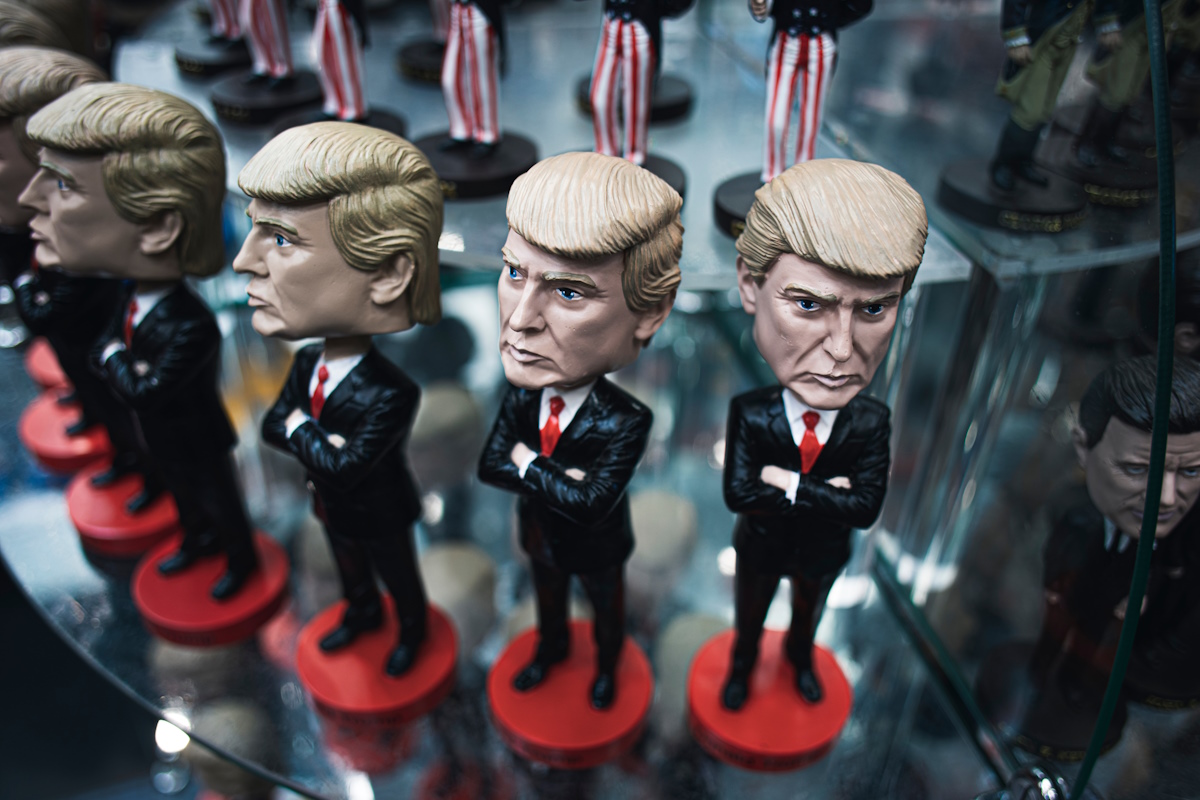A new economic model is needed to change the present “take-make-waste” approach that generates greenhouse gases at a pace that destabilises the climate. Replacing this model with a circular economy offers ways to cut waste in both energy and materials and reduce environmental harm, says Schroders.
“A circular economy delivers what consumers need without accepting that materials will be discarded, and pollution created in the process. It “designs out” waste and pollution to keep materials in use,” says Paul Lamacraft, senior investment director at Schroders. Though 55% of global greenhouse gases come from energy use, few people realise that 45% are from production processes. A circular economy could prove beneficial here as it focuses on efficiency, reusability and recyclability. Schroders says that a circular economy will create an estimated $4.5 tn worth of opportunities by 2030 and $25 tn by 2050.
The investment management firm further talks about the need for a circular economy, citing that merely 16% of waste is recycled globally, but waste generation will rise by 70% by 2050. However, these issues can be solved via innovation and influence. Schroders says that big companies need to exercise their cloud to bring about a change, whereas, smaller companies such as startups can introduce disruptive technologies and revolutionary ideas.
“Investors seeking to participate in the circular economy transition should aim to cultivate the maximum flexibility possible, to access innovation where it is most abundant,” writes Lamacraft.
Five key sub-themes – identified by Accenture and now widely adopted – will deliver investment opportunities as the global economy changes. They include circular supply chain, recovery and recycling, sharing platforms and product as a service (PaaS), product life extension and technology enablers.
Read more

T. Rowe Price
Why US Treasuries may no longer be a safe haven
US Treasuries recent performance has fallen short of expectations.

Candriam
The euro bond market is back in focus
Rising yields and shifting fiscal dynamics are bringing the euro bond market back into focus.

Lombard Odier
EM equities – potential opportunities amid challenges
EM equities face renewed pressure amid US trade policy shifts, slowing growth, and investor outflows.

US Markets
100 days of Donald Trump
The first 100 days of Donald Trump’s second term have shaken markets. Asset managers weigh in on US equities, bonds, and the dollar.





















